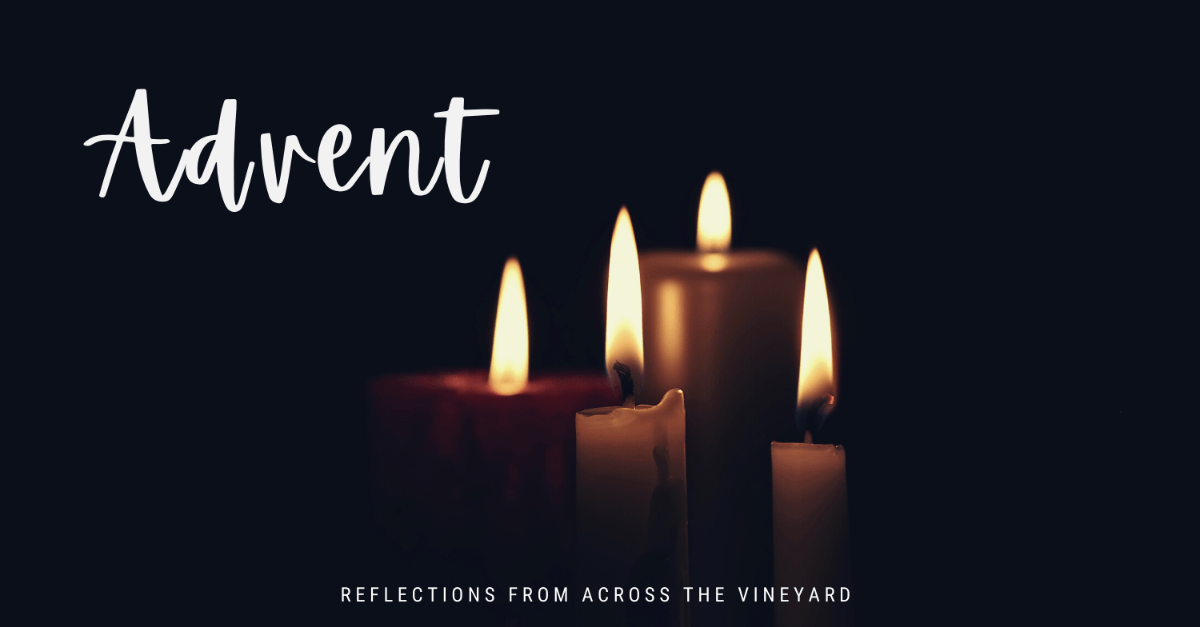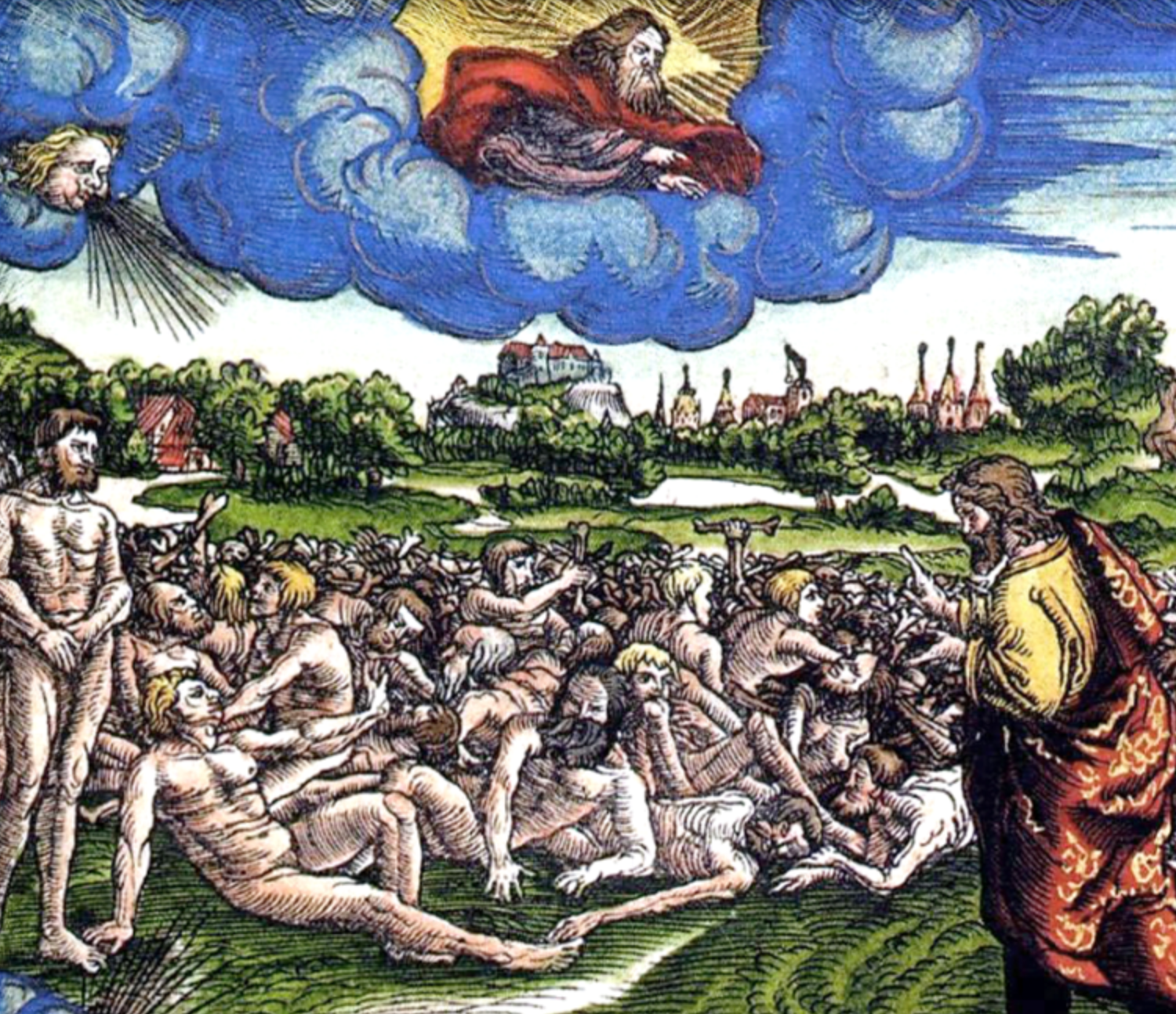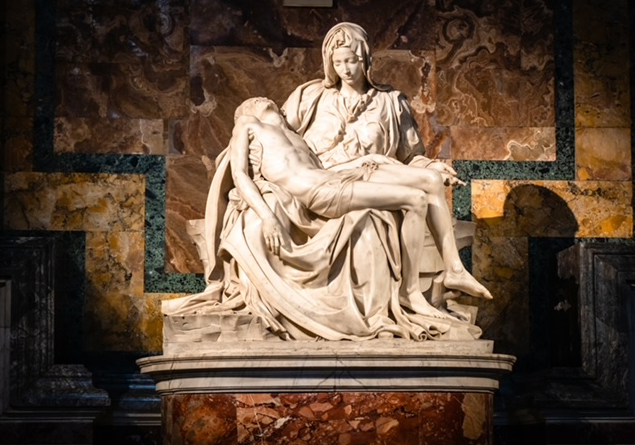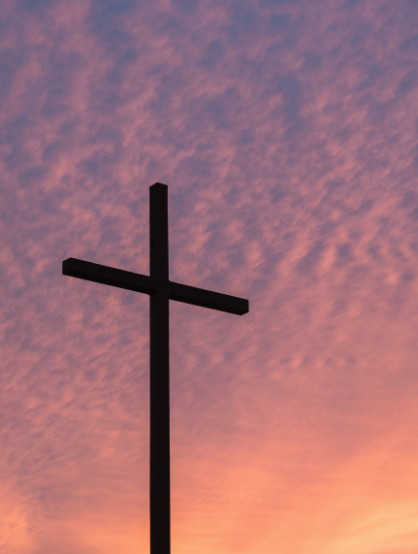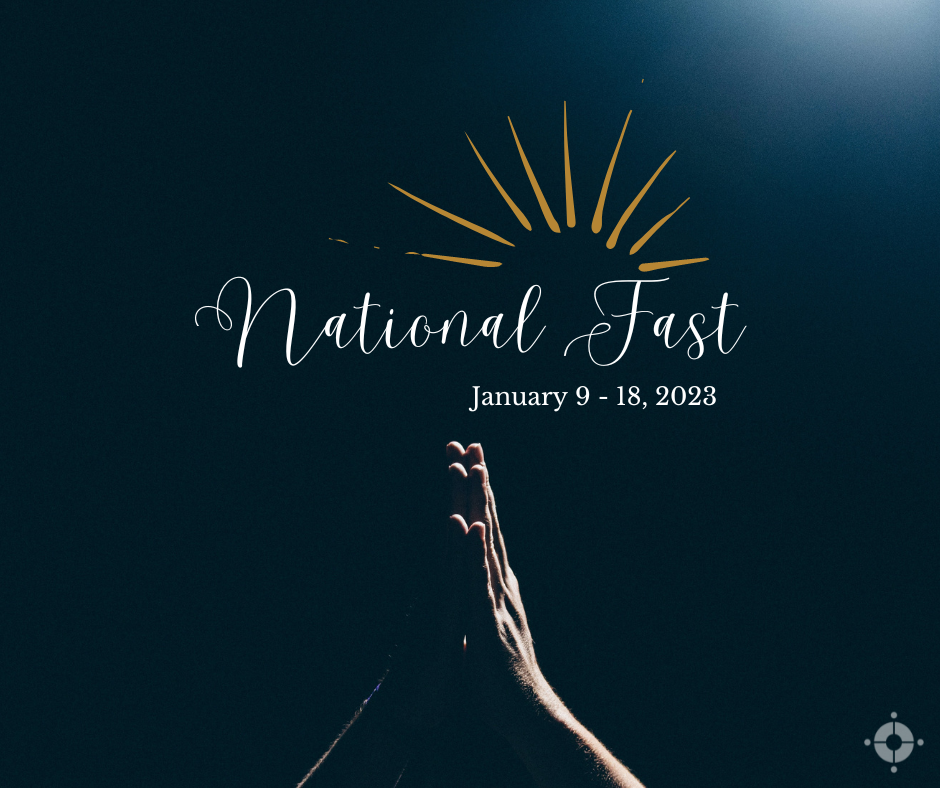Today, as we light the Advent Candle of Peace, our reflection is by Melt Van Der Spuy.
Melt pastors Yellowknife Vineyard Church (he was gutted to discover it is not the northernmost Vineyard Church in the world, since he thought that would be his only lasting claim to fame...there are Vineyards in Scandinavia that are further north). His life's call is to preach grace and to build Vineyard communities of faith becoming beloved communities that transcend tribe and ethnicity.
